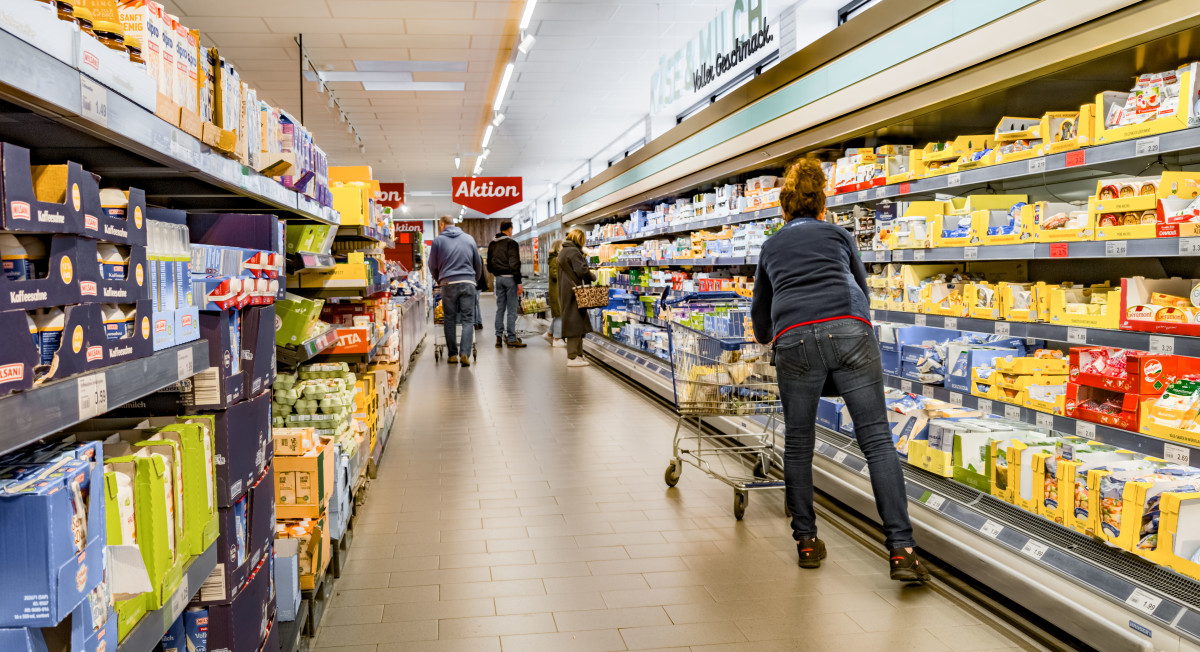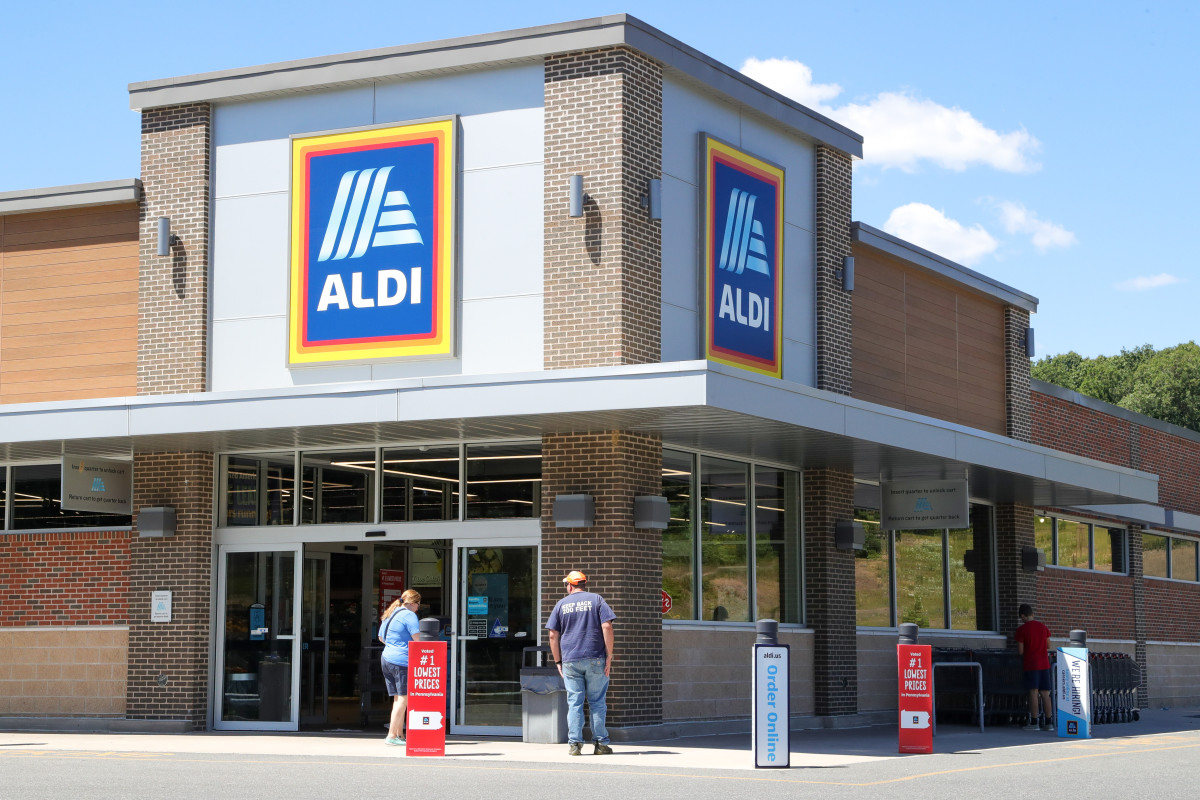
If you're one of the many Americans who went grocery shopping over the weekend, you probably raised an eyebrow or two when you got to the checkout.
And that's not because there were so many (or suddenly, so few) self checkout kiosks waiting for you to scan all your stuff on your own.
Related: Walmart makes a major price cut that will delight customers
Rather, you may have been caught off guard by the price of your groceries alone. In fact, many goods at the store cost more than they did just one month before.
The most recent Consumer Price Index, reported late in February, offered consumers a look into how much their average cost of goods has gone up. Prices rose 3.1% overall on a 12-month basis, above the 2.9% most analysts were expecting. Numbers from February are due out Tuesday morning.
Here's how several key consumer goods and services changed compared with the month prior:
- Food: up 0.4%
- Energy: up 0.5%
- Used vehicles: down 3.4%
- Apparel: down 0.7%
- Shelter: up 0.6%
- Transportation: up 1%
- Medical care services: up 0.7%
The cost of food at home (that is, the stuff you buy at a grocery store) was up 0.4%.
"The index for other food at home rose 2.6% over the 12 months ending in January," the CPI reports.
Here are some of the foods that have seen the biggest price increases between January 2023 and January 2024:
- Fresh fruit: up 1.4%
- Poultry: up 1.7%
- Fats and oils: up 1.9%
- Sugar and sweets: up 4.4%
- Beef and veal: up 7.7%
- Processed fruits and veggies: up 2.5%
- Cereals and bakery goods: up 1.5%
- Nonalcoholic drinks: up 3.4%
Budget grocer planning major expansion
Naturally, many customers are getting creative when it comes to cost-cutting measures. Some are shopping less, trying to empty their pantries before making another stop at the grocery store. Others are driving the extra few miles to get to a budget retailer or wholesaler, which typically offers better prices per item than the big name box grocers.
One such grocer is Aldi, the privately-owned German grocery store chain which also operates Trader Joe's.

Aldi is best known for its deep-discount shelf staples, many of which it sells under its own private label, often for much cheaper than at typical grocery stores.
And being in the budget market is good business, particularly as food grows more expensive thanks to inflation and other natural disasters. Aldi, which acquired Southeastern Grocers’ Winn-Dixie and Harveys Supermarket in 2023, plans to pour $9 billion into its Northeast, Midwest and West Coast markets to expand its footprint and open 800 new or expanded stores in the next four years.
Here are some of its ambitious expansion plans:
- Northeast and Midwest: open 330 new stores by 2028
- Southern California and Phoenix: continue expansion after entering in early 2020s
- New cities: open new locations in new U.S. cities, including Las Vegas
In 2023, Aldi also announced it planned to convert many of its newly acquired Winn Dixie supermarkets into Aldi-branded stores by 2025.
The addition of 800 new stores is a mammoth undertaking for Aldi, which currently operates just under 2,400 stores within the U.S.
But it's no stranger to ambitious plans. In 2017, Aldi announced plans to invest $5 billion into its U.S. operations and rapidly expand, which the grocer now says is on track. This new $9 billion expansion effort is simply the next phase of its American takeover, and crowns Aldi as one of the fastest-growing grocery stores in the country.
Related: Veteran fund manager picks favorite stocks for 2024
.jpg?w=600)






